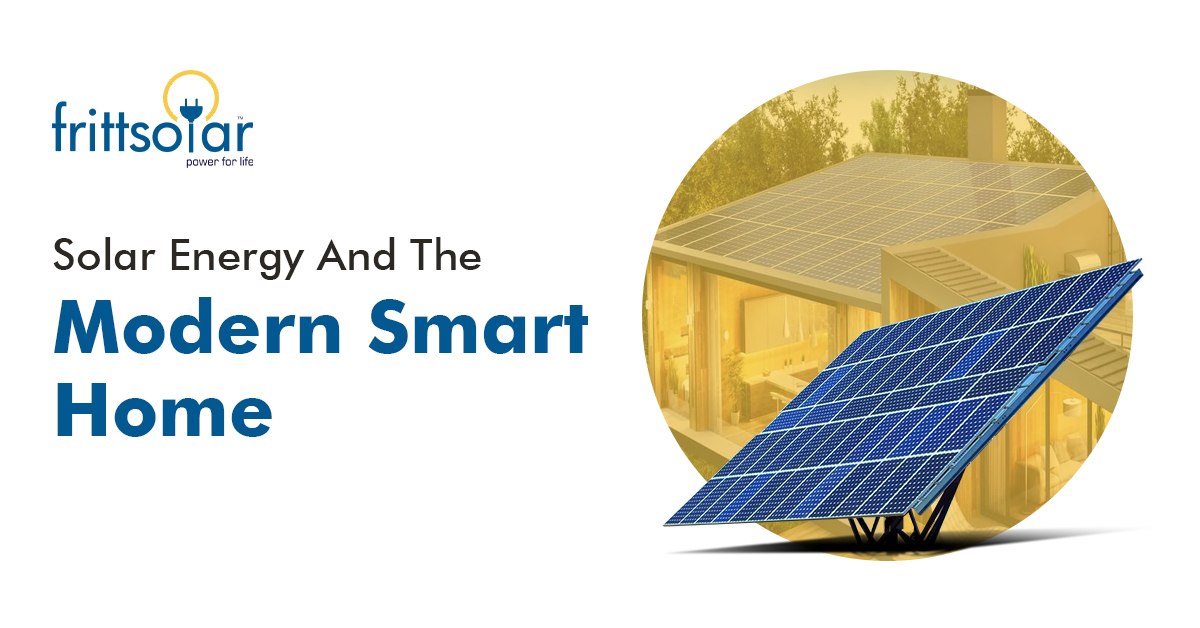

This guide provides a high-level overview of how new smart home solutions will play a growing role in increasing residential energy efficiency and providing convenient, connected living.
What is a smart home?
A smart home is a home that has been outfitted with technology that lets you control all of your home's systems remotely. It's also called a "connected home," and it uses a variety of different devices to make your life easier.
You can use a smart thermostat to control the temperature in your house from anywhere. You can use a connected security system to keep tabs on things when you're away from home. You can even use an app on your phone to turn off the lights when you leave a room!
The possibilities for what you can do with a smart home are endless.
What is the internet of things?
The internet of things (IoT) refers to a network of physical objects that have computer systems embedded in them, allowing them to communicate with one another. These systems can be used for monitoring and managing the object, or for providing information about it. It's a concept that's been around since the late 1980s, but it has only recently become mainstream.
The idea behind IoT is that we'll be able to connect just about everything in our lives to the internet—from your phone to your fridge—and then use software and apps to control those connections at will. This could mean anything from turning your lights on when you enter the room, or adjusting the temperature in your house based on how many people are currently inside.
The Future of IoT in Solar Energy
The future of IoT in solar energy will see the continued rise of the smart grid. As it stands, the smart grid is a system that connects homes and businesses to a network of sensors and controllers that communicate with each other to monitor power usage, supply and demand, and the health of different components. This allows utilities to better manage their grids, ensuring they have enough power on hand when needed, while also monitoring power quality and reducing outages.
As we move into the future, it's predicted that smart grids will become even more sophisticated. They'll be able to tell you when your solar panels are producing less energy than usual due to weather conditions or dust buildup and alert you so you can clean them off before making repairs. They'll be able to tell you when there's an issue with your battery bank or inverter—and even send an alert if there's a problem with one of those components so you can take action before it becomes critical.
The goal is for these devices to be able to provide valuable information about how your system is working and give solarowners information they can use in order to make informed choices about how they use energy throughout their homes (or businesses).
If you’ve ever looked at your electric bill and wondered how much of it is due to appliances in your home, you’re not alone. Appliances use electricity even when they're not turned on, and keeping them plugged in can cost you money.
But what if there was a way to control your appliances even when you weren't home?
Solar systems for homes have joined the Internet of Things and are an important piece of the puzzle of boosting energy efficiency in an automated, smart home, thanks to the introduction of smart inverters, energy monitors, and new generation battery storage.
Here’s an example: you may want to run your washing machine during the day, but this is when electricity is most expensive. An automated home could "instruct" a washing machine to only run if the weather conditions are favorable for solar energy generation or if your battery system has enough charge to support the cycle without drawing power from the grid.
Advanced solutions can help you monitor the performance of your home solar power system and your connected devices from your web browser or mobile device.
No matter how much you love your home, the truth is that it's just not smart. It lacks the ability to communicate with you and other devices in your home, so it can't tell you if the garage door is open or if there's a fire in one of the rooms.
But don't worry—there's an easy solution. Frittsolar provides solar panel installation that makes homes smarter.
Frittsolar also offers energy monitoring services, so you can see exactly how much power each appliance uses over time, which can help you lower your electricity bill. And Frittsolar also offers a mobile app that lets you monitor everything anywhere!